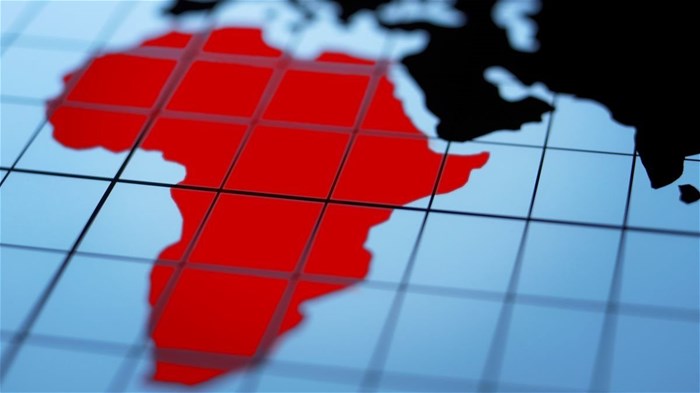Use the Africa free-trade area to create jobs and enable entrepreneurship for the youth

Across the continent, the AfCFTA is seen as an important milestone that has the potential to improve the economic fortunes of the region and to energise its socioeconomic objectives through industrialisation and the strengthening of regional and interstate cooperation.
By easing some of the industrialisation constraints, the regional economy can generate more than sufficient jobs and reduce the youth unemployment rate. Already, the labour force on the continent is expected to increase to 119 million by 2030 with new entrants to the workplace increasing from 2.3 million to 3.6 million.
While this is great and promising news, the AfCFTA may not exactly live up to its potential if the basics such as education, beneficiation and infrastructure are not prioritised.
The AfCFTA was founded in 2018 with trade commencing officially as of 1 January 2021. It was created by the African Continental Free Trade Agreement among 54 of the 55 African Union nations. The free-trade area is the largest in the world boasting the biggest number of participating countries since the formation of the World Trade Organisation.
Youthful human capital opportunity
Ultimately, the success of AfCFTA will primarily depend on the capacity of the African governments to tap into the potential of the youthful human capital. For the AfCFTA agreement to achieve this, it requires the youth of the continent to be active in the whole process. Africa’s population today consists of over 60% people under the age of 25, 56% of which are of working age. This young population, according to the World Bank, is set to rise from 1.3 billion to 2 billion by 2040.
In fact, 75% of Africa’s population are youth. It has become crucial for young people to be actively involved in the successful implementation of the AfCFTA.
It’s a perfect situation for the continent: a massive human capital and a free-trade area. However, without adequate skills, infrastructure and a strong manufacturing sector, the AfCFTA cannot be effectively implemented. Whilst this is a great opportunity for the regional economy, it also risks stagnation if the fundamentals are not addressed as a matter of urgency.
AfCFTA presents a great opportunity for entrepreneurs and businesses across the continent. This also allows for governments to address chronic youth unemployment through domestic industrialisation. In South Africa especially, where youth unemployment has been exacerbated by the Covid-19 pandemic, it offers an unparalleled economic opportunity that will not only fast track the country’s efforts towards recovery but also addresses youth joblessness.
Ramping up skills development
From the manufacturing sector, transport and logistics industry, raw materials beneficiation to e-commerce, retail and tourism, the potential to create employment and other economic opportunities for young people including small businesses is massive. We need to ramp up skills development initiatives to allow young people to effectively capitalise on this.
These skills need not only be in the creation of skilled labour but in entrepreneurship development too. The country does not lack a labour population, it lacks skills and job creators. These two areas need to be our key priorities, and the AfCTFA presents an opportune time.
The country needs a deliberate and robust investment in skills development and quality education with an emphasis on innovation and technology. It needs to urgently increase the number of young people and adults, particularly women, with relevant skills including technical and vocational skills required for the employment and entrepreneurship opportunities that exist especially in a member-states collaborative setting of the AfCFTA.
Ideally, the AfCFTA should enhance youth employment and the integration of youth within the trading system and this should underline the importance of building capacity to reinforce their inclusion within various key economic sectors. Tangible plans and actions should be put in place in order to do this.
Equally so, it is crucial that the youth appreciate the importance of AfCFTA strategies to be able to gain insights into Africa’s progress towards Sustainable Development Goals and enhance their full participation and inclusion.
To effectively enable the AfCTFA to succeed and to reverse the economic damages caused by the Covid-19 pandemic, it is important to prioritise this in order to create a pool of young people that’ll effectively take advantage of the economic and social opportunities presented by the agreement.

















